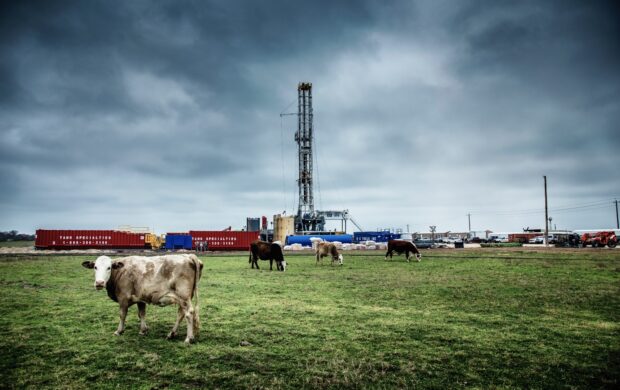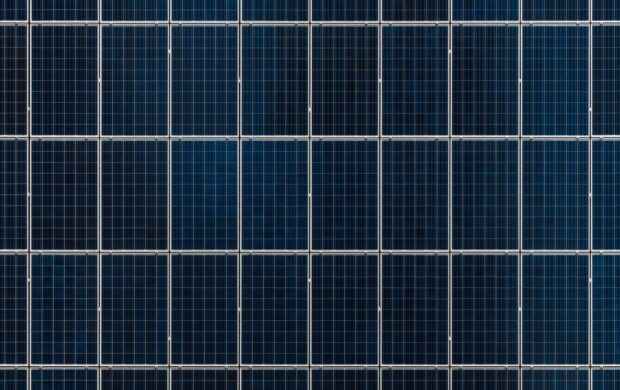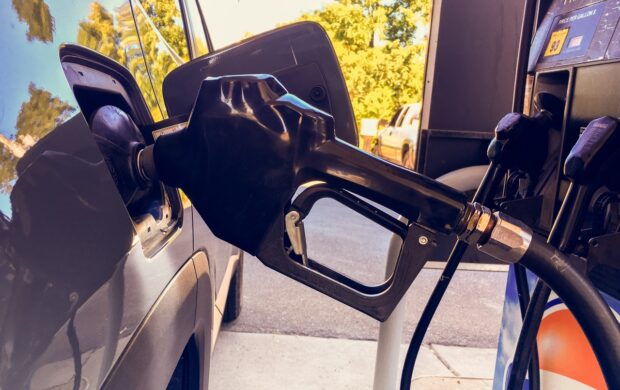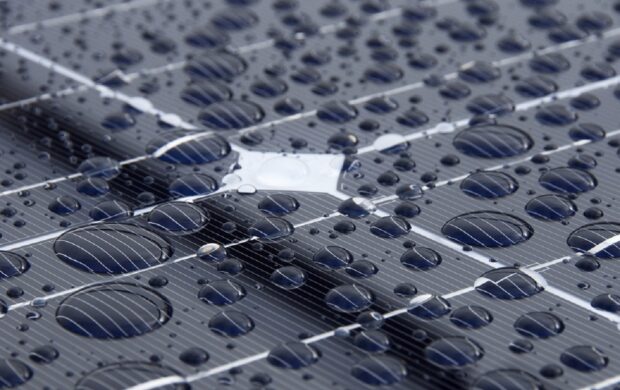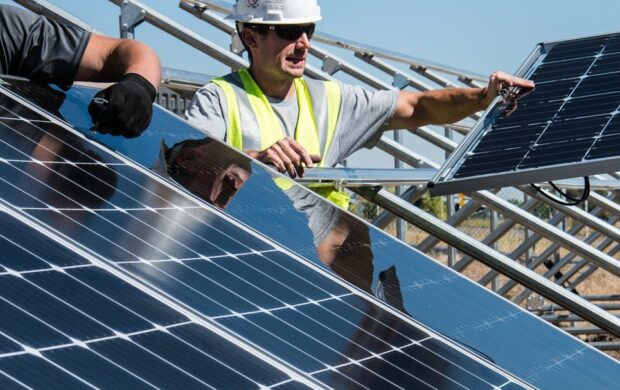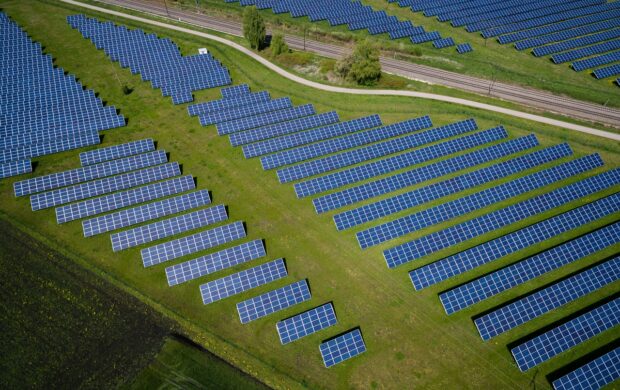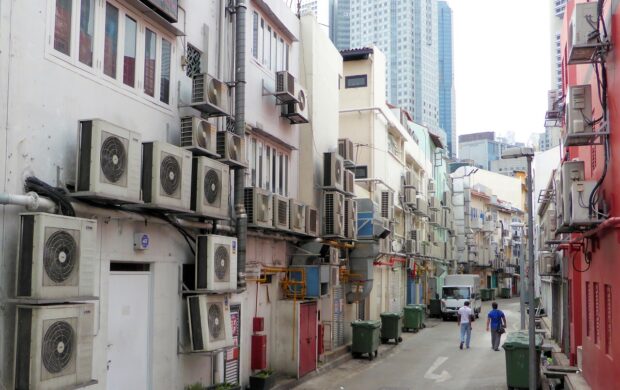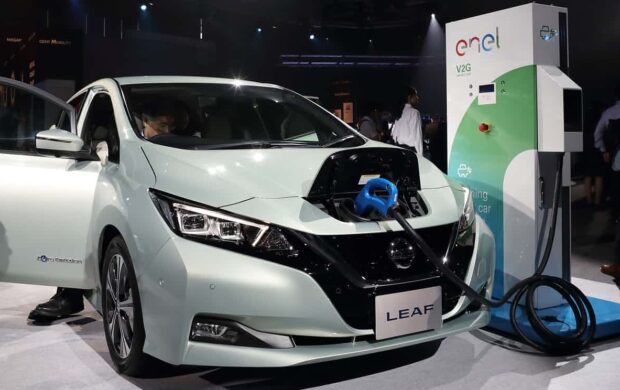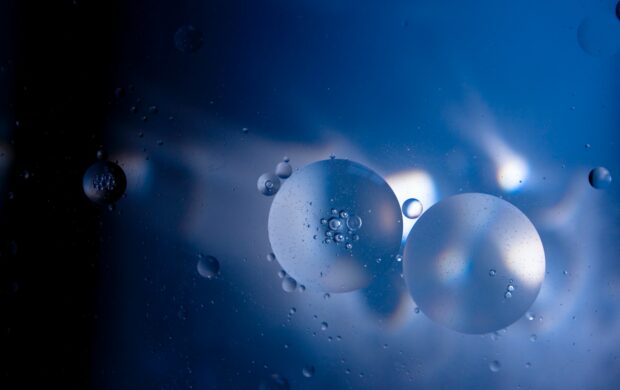Engineers from West Virginia University (WVU) have developed a new production process for a carbon-neutral battery made from liquid ammonia. The new process fixes nitrogen extracted from the air with hydrogen extracted from water – no carbon involved. Ammonia produced in this way can also be used as fertiliser, thereby reducing demand for the Haber-Bosch process.
The Haber-Bosch process has remained the predominant means to chemically fix nitrogen and produce agricultural fertilisers despite being responsible for 1-2% of global energy consumption and 3% of global emissions. The Haber-Bosch process is very energy intensive and extracts hydrogen from methane (natural gas fossil fuel). The new production process developed by WVU, in constrast, is much less energy intensive and can be used as an energy vector for renewables, helping decarbonise the energy sector.


